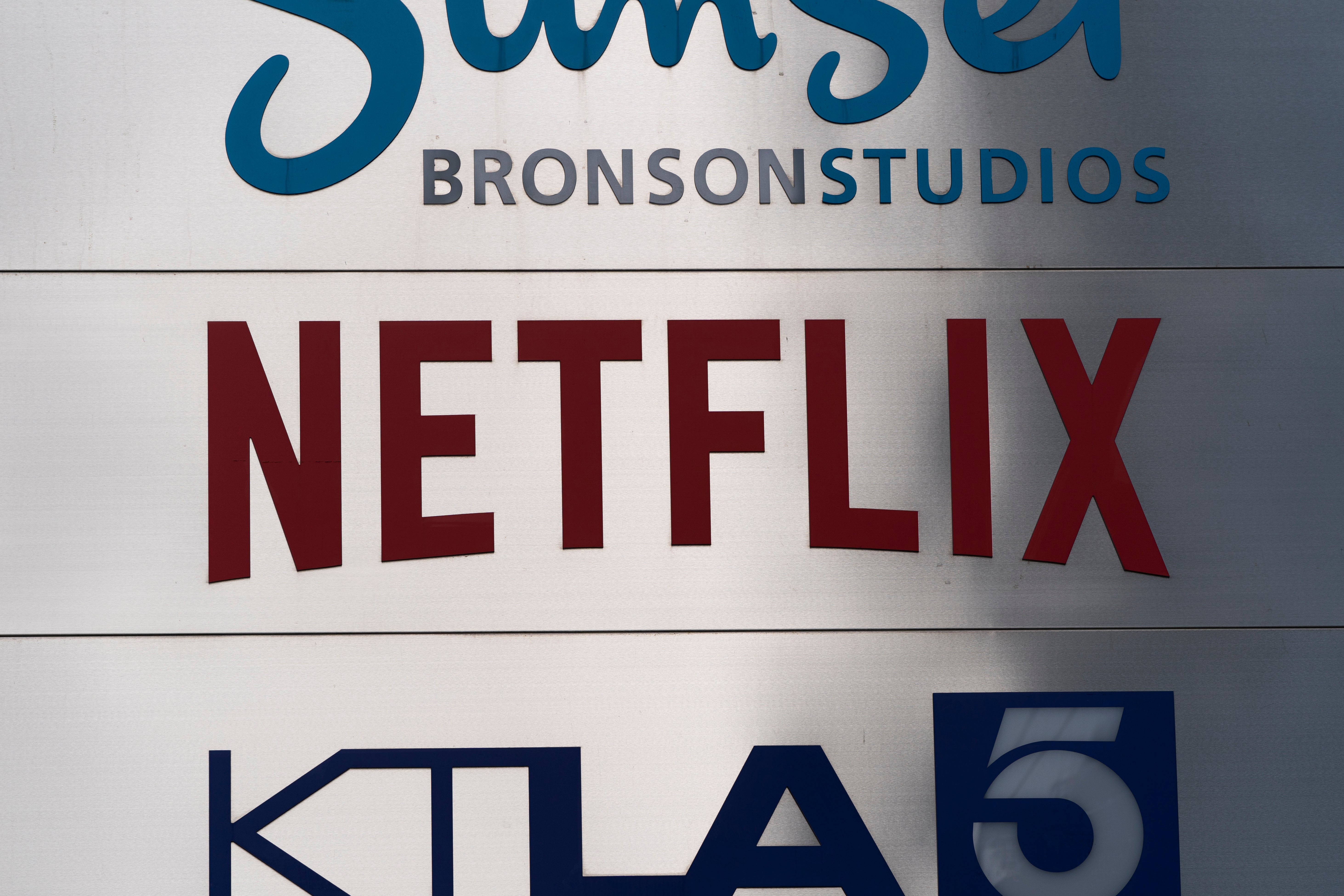Netflix cuts prices in some markets to lure more subscribers
Netflix is cutting its prices in several of its smaller markets

Your support helps us to tell the story
From reproductive rights to climate change to Big Tech, The Independent is on the ground when the story is developing. Whether it's investigating the financials of Elon Musk's pro-Trump PAC or producing our latest documentary, 'The A Word', which shines a light on the American women fighting for reproductive rights, we know how important it is to parse out the facts from the messaging.
At such a critical moment in US history, we need reporters on the ground. Your donation allows us to keep sending journalists to speak to both sides of the story.
The Independent is trusted by Americans across the entire political spectrum. And unlike many other quality news outlets, we choose not to lock Americans out of our reporting and analysis with paywalls. We believe quality journalism should be available to everyone, paid for by those who can afford it.
Your support makes all the difference.Netflix is cutting its prices in several of its smaller markets in the latest twist on the video streaming service’s efforts to keep its recently revived subscriber growth rolling amid stiffer competition and inflation pressures that are pushing more households to curb their discretionary spending.
The lower prices that began to roll out earlier this week affect more than 30 of the roughly 190 countries where Netflix's steaming service is available — an expanse that has enabled the company to attract nearly 231 million subscribers. The areas getting lower prices include Middle East markets in Yemen, Jordan, Libya and Iran; European countries such as Croatia, Slovenia and Bulgaria, and sub-Saharan African markets.
Netflix isn't changing its prices in any of its largest markets, including the U.S., where it has been regularly increasing its rates during the past four years to help offset the cost of an programming lineup that includes popular series such as “The Crown" and “Stranger Things.”
Although Netflix has established itself as the largest video streaming service, it has been vying for viewers with other deep-pocketed rivals that include Apple, Amazon and Walt Disney Co. at the same time stubbornly high inflation is causing more people to tighten their budgets.
Those factors contributed to Netflix losing nearly 1.2 million subscribers during the first half of last year, prompting the company to introduce an ad-supported option of its service t hat cost just $7 per month in the U.S. — less than half the price of its most popular plan. That helped Netflix bounce back during the second half of last year when it added 10 million subscribers, a recovery that made its long-time CEO and co-founder Reed Hastings comfortable enough to step down last month.
In another attempt to gain more subscribers, Netflix has started to crack down on rampant password sharing that has enabled an estimated 100 million people worldwide to free load on its service. Netflix has already clamped down on the practice in Latin America and several other countries, including Canada, New Zealand, Portugal and Spain earlier this month. New rules governing the use of the same password in multiple households are expected to be imposed in the U.S. by the end of March.
Netflix's new co-CEO Greg Peters hinted last month during a quarterly conference call that the company was examining ways to attract more subscribers in its smaller markets, although he didn't say anything specifically about using lower prices as a lure. “There’s a bunch of people around the world in countries where we’re not deeply penetrated, and we have more opportunity to go attract them,” Peters said.
In that same call, Peters also indicated that Netflix sees little need to drop prices in markets, such as the U.S., where its service already proved its value to long-time subscribers. “We think of ourselves as a non-substitutable good," Peters said.
Even so, Netflix lost 920,000 customers in the U.S. and Canada last year, leaving it with 74.3 million subscribers in that region at the end of December. Despite the subscriber erosion, Netflix's price increases in the U.S and Canada helped boost its revenue in the region by 9% last year to nearly $14.1 billion. The financial gains are becoming more important to Netflix because it is now placing more emphasis on profit growth now that it has become tougher to attract more subscribers.